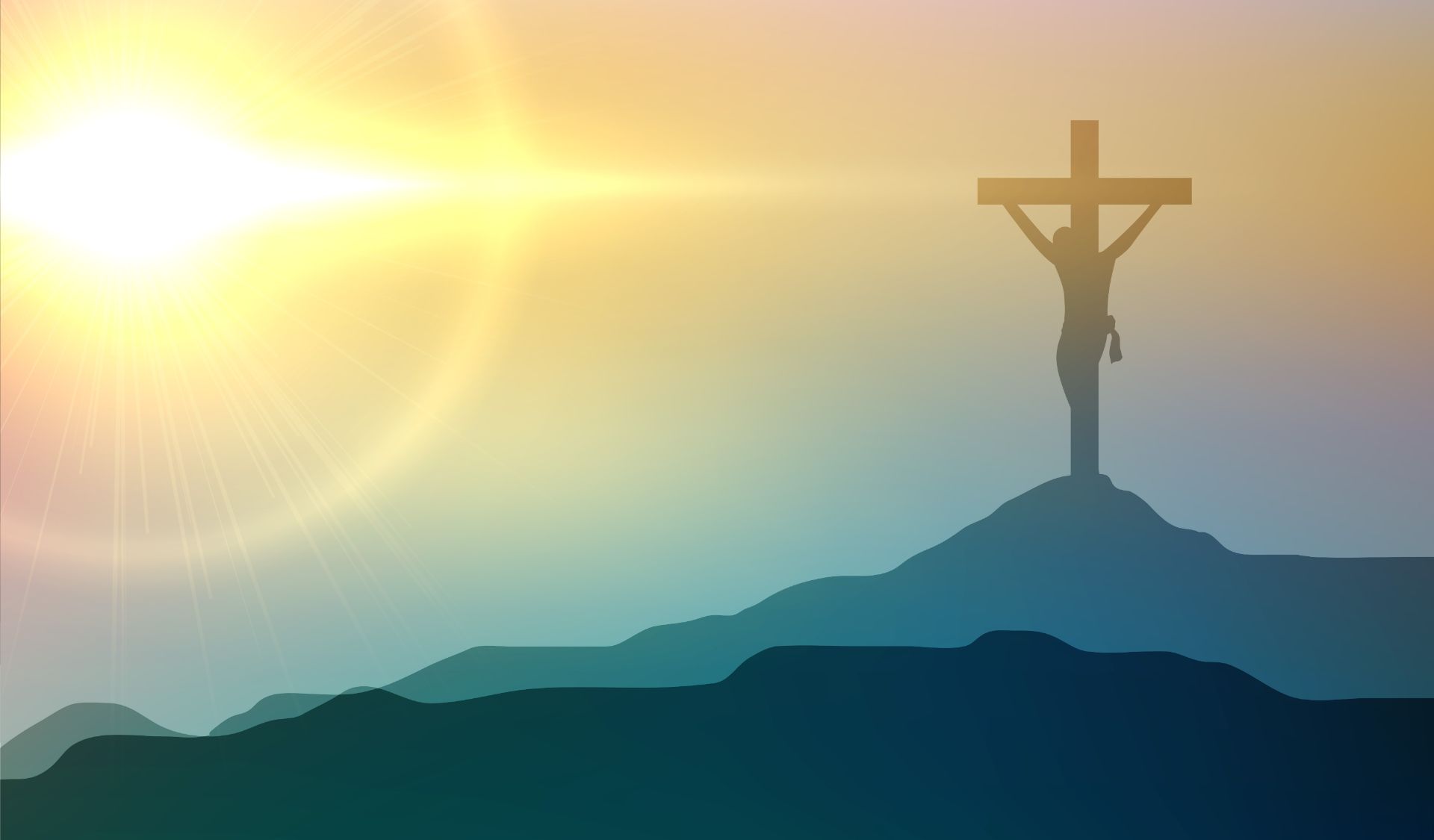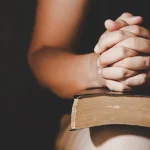The pursuit of freedom is invariably accompanied by struggles, setbacks and disappointments. When we hear the many stories of how freedom was achieved around the world, much of it was accompanied by means of military conquests, non-cooperation, social uprisings and violent retaliations. Rarely is total freedom achieved by fully peaceful means. There is almost always a price to pay for the freedom that is sought after.
Fifteenth August 2021 is India’s 75th Independence Day. For this nation, freedom came at a great cost. Many freedom fighters gave their lives envisaging a free India—free from oppression, bondage and enslavement from its colonial rulers and her internal and external enemies. Whilst we acknowledge some of these brave men and women on occasions of national importance, it is a fact that a countless number of lives were lost for the sake of the freedom that we now enjoy. So, even as India celebrates another Independence Day, it is imperative that her people remember the sacrifices of bygone eras and acknowledge that the freedoms that we now enjoy are due to the costly and selfless sacrifice of many unnamed civilian ‘jawans’.
Freedom comes at a cost: Freedom that comes cheap is meaningless and often insignificant. What seals the memories in one’s mind for decades, even centuries to come is the struggle, pain and loss that often accompanies the pursuit of freedom. Freedom gained at a cost becomes something of great value to the giver and the receiver too. Let’s not forget that true freedom comes at a cost.
If sacrifice is not involved in gaining one’s freedom, then one will not understand the magnitude of the freedom fought for and gained.
Freedom comes with sacrifice: If sacrifice is not involved in gaining one’s freedom, then one will not understand the magnitude of the freedom fought for and gained. Self denying and sacrificial martyrdom often accompanies freedom struggles. Sacrifices are often forgotten since times change and people are forgotten but let’s not forget that true freedom always comes with sacrifice.
Freedom comes with the hope of shalom: Without the end goal of shalom, any struggle for freedom is meaningless and aimless. This shalom we talk of is not just political peace, economic affluence or societal harmony. It is the ultimate peace and rest that comes from the Creator God alone and is for those who wholeheartedly trust in Him. Let’s also not forget that freedom comes with the hope of shalom.
Inscribed on a plaque below the Statue of Liberty in New York City, United States, are these words:
Give me your tired, your poor
Your huddled masses, yearning to breathe free,
The wretched refuse of your teeming shore,
Send these, the homeless, tempest — tost to me.
I lift my lamp beside the golden door.
Here is a statue of a lady symbolising freedom, with one of her arms raised holding up a torch. With her other arm she holds a tablet (evoking the law) with the date of the Declaration of Independence. A broken chain lies at her feet. Her brow crowned with a golden crown and she invites the poor, tired, homeless and suffocated masses to her. The Statue of Liberty symbolises freedom and a welcome to those who would gather at her nation’s shores. What is interesting is that in spite of the invitation there is no promise of rest to those who come. All she can do, however, is to hold the lamp up to the golden door.
If sacrifice is not involved in gaining one’s freedom, then one will not understand the magnitude of the freedom fought for and gained.
This brings up the indelible picture of another person who was lifted up for the whole world to see. His brow was crowned with a crown of thorns and His face covered with blood and his hands lifted up and nailed to a cruel cross. Through his sacrificial and substitutionary death and victorious resurrection from the dead He has broken the chains of sin and death over those who believe and trust in Him for their salvation. He also extends an invite—one that cannot be ignored or disregarded. He says, “Come to me all who labour and heavy laden, and I will give you rest” (Matthew 11:28). He didn’t call the people without a promise of rest neither did he point to someone else as the fulfilment of that rest. He himself is the source of that shalom rest.
As the Statue of Liberty holds up the torch symbolising light shining forth, this person that hung on the cross said something about light too. He said “I am the light of the world. He who follows me will not be in darkness but have the light of life” (John 8:12). Again, he didn’t promise light by pointing to someone else. He said that He himself is the light of the world and those who come to him will experience the liberty and freedom that light brings and never again be in darkness.
The inscription by the Statue of Liberty says that she stands by the golden door. She didn’t claim to be the door through which someone can enter in but that is exactly what this person on the cross claimed. He said in John 10:9, “I am the door, if anyone enters by me, he will be saved and will go in and go out and find pasture”. It is only through him that one can enter in and find salvation and eternal life and be reconciled back to God.
Freedom always comes at a cost and it did come costly for Jesus Christ, the Son of God who when He hung on the cross was so blinded by perfect love that He was willing to give himself up for the sake of His lost and rebellious people. He didn’t lead a military conquest or incite a violent protest but gave himself up willingly as He reconciled man and God. The spiritual freedom that we enjoy today is because of His light that has dispelled the darkness of our soul. He, himself being the door was opened to us so that we can have access to God and His shalom rest that we have received in our lives given us lasting hope.
Friend, take your freedom seriously. Recognise what it cost Jesus and return to Him who freed you from the shackles of sin and death and gives you the hope of joy and peace for now and all eternity.






